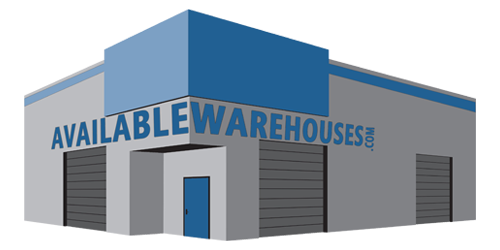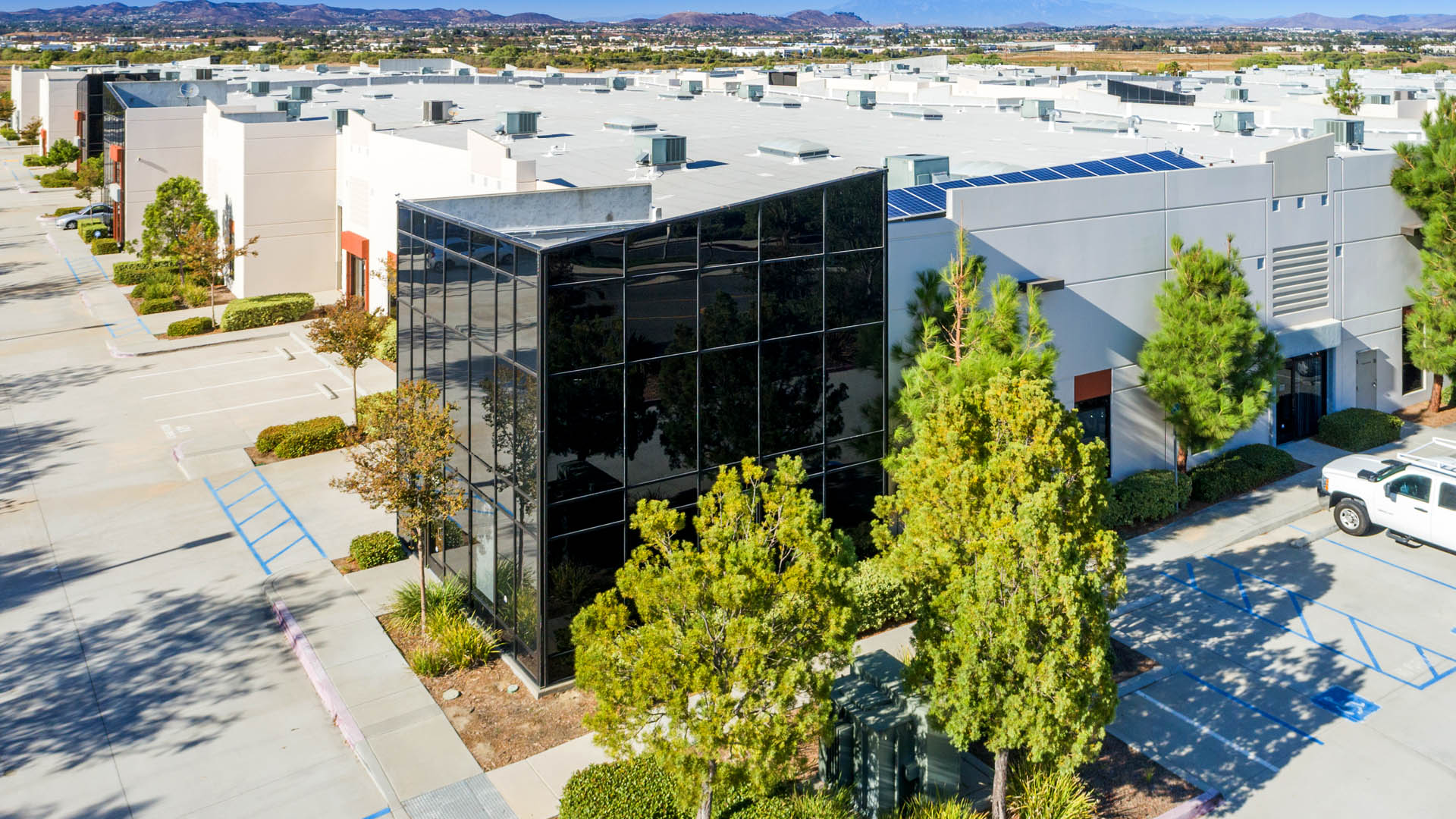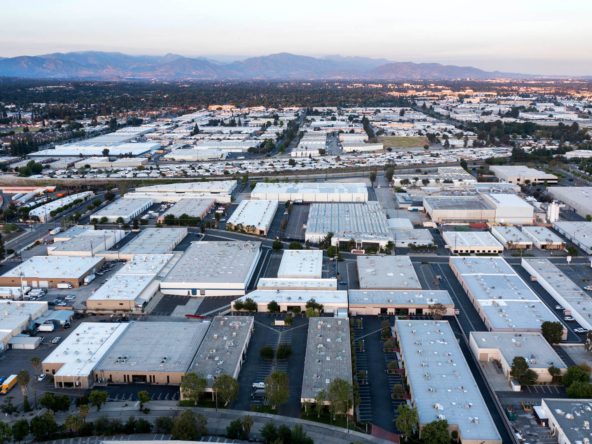When it comes to securing industrial real estate for your business, one of the critical decisions you’ll face is whether to lease or buy the property. Both options have their advantages and disadvantages, and the right choice depends on your financial situation, business goals, and long-term plans. This blog will explore the benefits and drawbacks of leasing versus buying industrial properties, helping you make an informed decision.
Financial Implications
Leasing Industrial Real Estate
Advantages:
- Lower Initial Costs: Leasing typically requires a lower upfront investment compared to buying. You may need to cover a security deposit and the first month’s rent, which is significantly less than a down payment for a purchase.
- Predictable Expenses: Lease agreements often include fixed monthly payments, making it easier to budget for real estate expenses without worrying about unexpected costs like property taxes and maintenance.
- Preserved Capital: By leasing, you can preserve your capital for other business investments, such as expanding operations, purchasing equipment, or increasing inventory.
Disadvantages:
- No Equity Build-Up: Lease payments do not contribute to building equity. At the end of the lease term, you have no ownership stake in the property.
- Potential for Increased Costs: Lease rates can increase over time, especially in high-demand areas, potentially leading to higher costs in the long term.
Buying Industrial Property
Advantages:
- Equity and Appreciation: Owning a property allows you to build equity over time. As you pay down the mortgage, you increase your ownership stake in the property. Additionally, real estate can appreciate in value, offering potential financial gains.
- Tax Benefits: Property ownership comes with various tax advantages, including deductions for mortgage interest, property taxes, and depreciation.
- Control Over Property: Ownership provides complete control over the property, allowing you to make modifications and improvements without needing landlord approval.
Disadvantages:
- Higher Initial Costs: Buying requires a significant upfront investment, including a down payment, closing costs, and potential renovation expenses.
- Maintenance and Repairs: As the property owner, you are responsible for all maintenance, repairs, and upgrades, which can be costly and time-consuming.
Flexibility
Leasing Industrial Real Estate
Advantages:
- Flexibility to Relocate: Leasing offers the flexibility to relocate when your lease term ends. This is beneficial if your business needs change or if you want to move to a different area.
- Adaptable Space Needs: Leasing allows you to adjust your space requirements more easily. You can move to a larger or smaller space based on your business’s growth or downsizing needs.
Disadvantages:
- Limited Customization: Tenants may face restrictions on customizing the leased space. Landlords may have specific rules about modifications, which could limit how you use the property.
- Lease Terms: Lease agreements can include restrictive terms and conditions, such as usage limitations and restrictions on subleasing.
Buying Industrial Property
Advantages:
- Stability and Security: Owning a property provides long-term stability and security. You don’t have to worry about lease renewals or potential relocations imposed by a landlord.
- Unlimited Customization: Ownership gives you the freedom to modify and customize the property to suit your specific business needs without seeking approval.
Disadvantages:
- Commitment: Buying a property is a long-term commitment. If your business needs change, selling or leasing the property can be a complex and time-consuming process.
- Market Risks: The real estate market can be volatile, and property values may fluctuate. If the market declines, you could face challenges in selling the property or may experience a decrease in its value.
Long-Term Investment Potential
Leasing Industrial Real Estate
Advantages:
- Focus on Core Business: Leasing allows you to focus on your core business operations without the added responsibility of property ownership and management.
- Opportunity Cost: By not tying up capital in real estate, you have the flexibility to invest in other areas of your business that may offer higher returns.
Disadvantages:
- No Return on Investment: Lease payments do not provide a return on investment. Once the lease term ends, you do not have any ownership interest or equity in the property.
Buying Industrial Property
Advantages:
- Appreciation Potential: Real estate can appreciate over time, providing a significant return on investment. Owning a property can be a valuable asset that increases in value.
- Rental Income: If you own extra space, you have the option to lease it out to other businesses, generating additional income.
Disadvantages:
- Market Fluctuations: The value of real estate can fluctuate with market conditions. A downturn in the market can affect the property’s value and your investment.
Conclusion
Deciding whether to lease or buy industrial real estate depends on various factors, including your financial situation, business goals, and long-term plans. Leasing offers lower initial costs and flexibility, making it a good option for businesses prioritizing cash flow and adaptability. Buying, on the other hand, provides equity building, tax benefits, and control over the property, making it ideal for businesses seeking long-term investment potential and stability.
No matter which path you choose, both leasing and buying industrial real estate have their own set of advantages that can positively impact your business. By carefully considering the benefits and drawbacks of each option, you can make an informed decision that aligns with your business objectives and financial strategy. Whether you choose to lease or buy, Available Warehouses is here to support you with expert advice and comprehensive services tailored to your industrial real estate needs, ensuring your business thrives in the right space.


